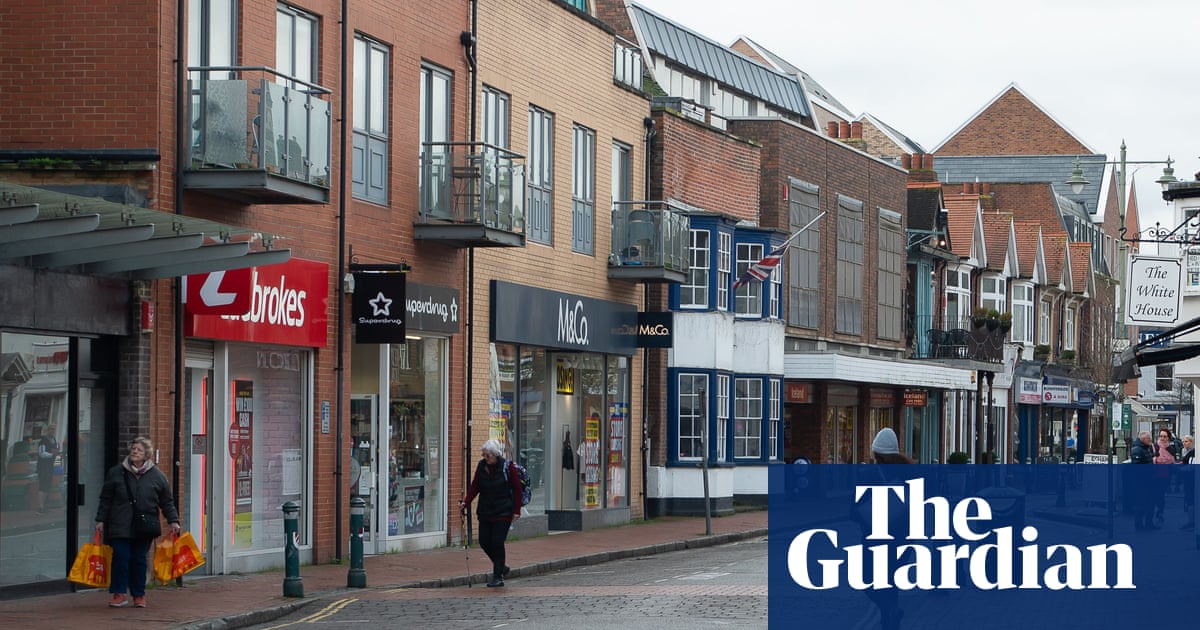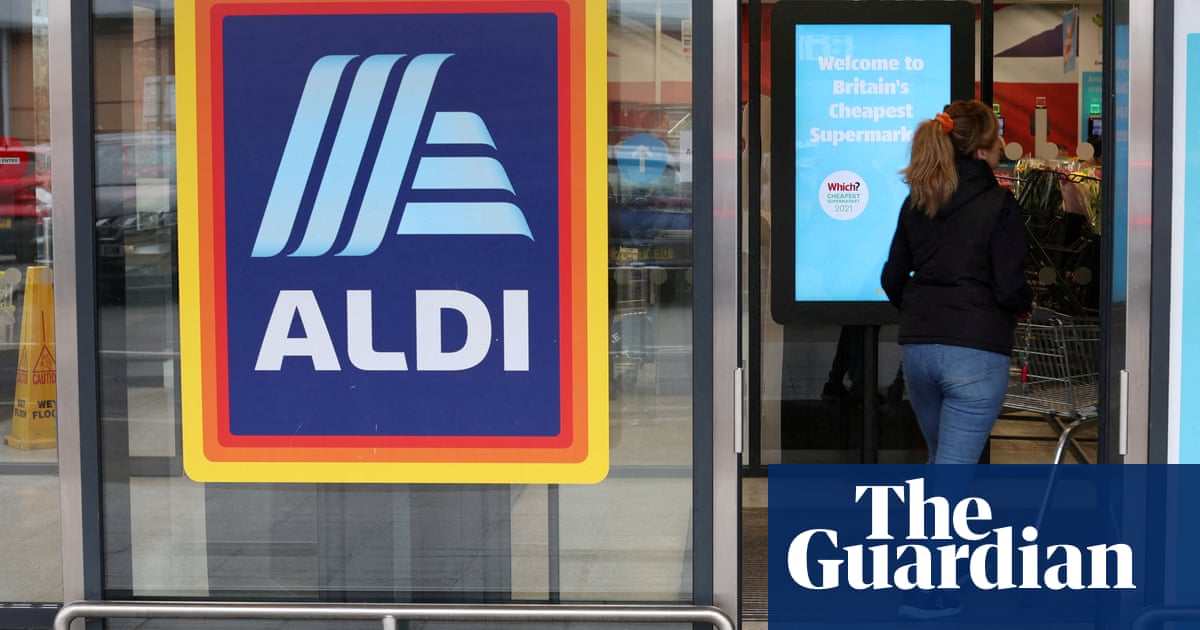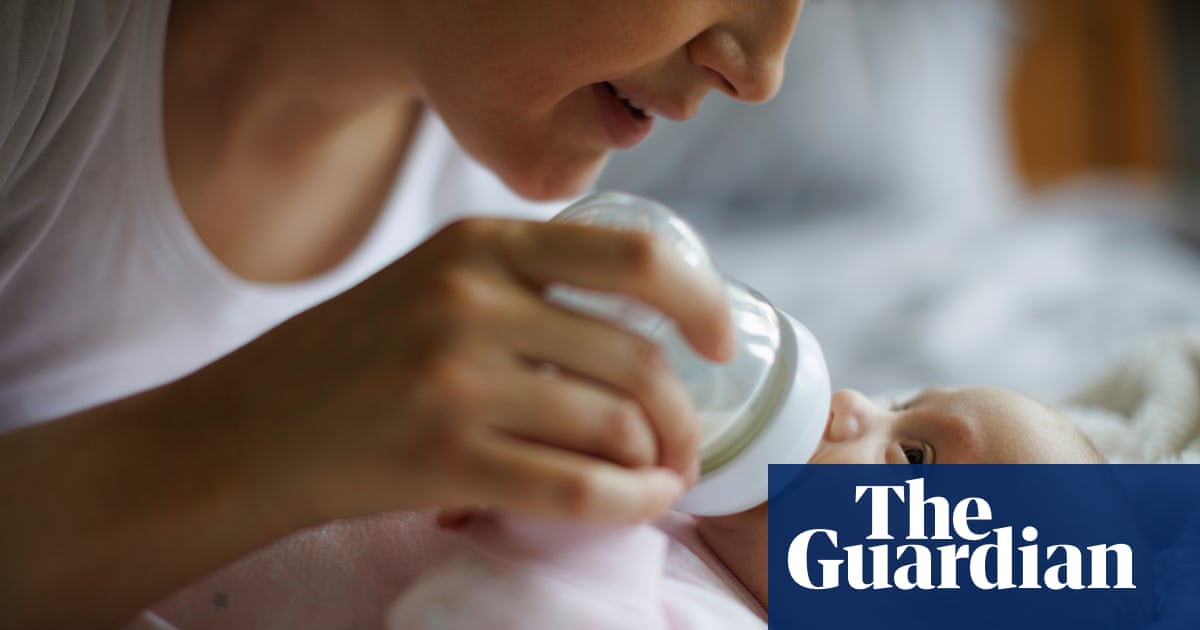
Britain’s retailers have said the soaring cost of living risks dragging down high street sales in 2022 after a bumper Christmas trading period and year of recovery in consumer spending.
Sounding the alarm over the risks for the UK economy as whole, the British Retail Consortium said there were significant headwinds for the industry in 2022 from high inflation, rising energy bills and planned tax increases.
In a joint report with the accountancy firm KPMG, the BRC said soaring living costs would erode households’ spending power and had the potential to weigh on retail sales after a strong festive season and a year of recovering ground that was lost during the first stage of the Covid-19 pandemic.
According to the latest snapshot, total retail sales rose by 2.1% during the key month of December, compared with a year earlier, and were up by 4.6% compared with 2019, before the pandemic struck.
Reflecting a stronger performance for the full year, as Britain’s economy recovered from repeated lockdowns, total sales grew by 9.9% compared with 2020, and by 6.6% compared with 2019.
However, retail bosses said the emergence of Omicron and increasing pressure on household budgets could hit sales at the start of 2022.
Helen Dickinson, chief executive of the BRC, said: “Retail faces significant headwinds in 2022, as consumer spending is held back by rising inflation, increasing energy bills, and April’s national insurance hike.
“It will take continued agility and resilience if they are to battle the storm ahead, while also tackling issues from labour shortages to rising transport and logistics costs.”
Boris Johnson is under growing pressure from his own MPs to take action over the crisis. Household utility bills are expected to rise sharply from April, when the energy regulator, Ofgem, lifts its consumer price cap after surging wholesale gas and electricity costs. Energy industry bosses have said prices could rise by more than 50%, or about £700 per year, in a “national crisis”. The increase will come in the same month as the government’s plan to raise national insurance by 1.25 percentage points is introduced.
According to the report by BRC and KPMG, sales of clothing and jewellery continued to dominate Christmas gift buying, while spending on food and drink was solid despite concern over the impact of Omicron. Industry leaders said concerns about supply chain problems appeared to have been overcome as retailers “pulled out all the stops”.
Dickinson said many people had chosen to shop online in December rather than travel to nearby high streets and shopping centres. Sales of loungewear were up as office staff returned to working from home and spending on formalwear dipped as Christmas parties were cancelled.
Separate figures from Barclaycard showed consumer card spending grew 12.2% in December compared with the same period in 2019, boosted by supermarket purchases as consumers stocked up on festive food and drink.
However, spending on hospitality and leisure slumped as festive gatherings were cancelled and more people isolated or chose to stay at home.
Barclaycard, the UK’s biggest credit card provider, processing nearly half of all card transactions, said spending at restaurants decreased by 14.1% in December compared with the same month in 2019, and followed a 3.5% fall in November. Spending in bars, pubs and clubs in December rose 21.2%, down on the 35% increase in November, compared with the same months in 2019.
Barclaycard said 43% of 2,000 people surveyed on behalf of the credit card provider expected high inflation to affect their household budgeting. “The wider economic picture is encouraging consumers to be more cautious with their discretionary spending,” it said.












